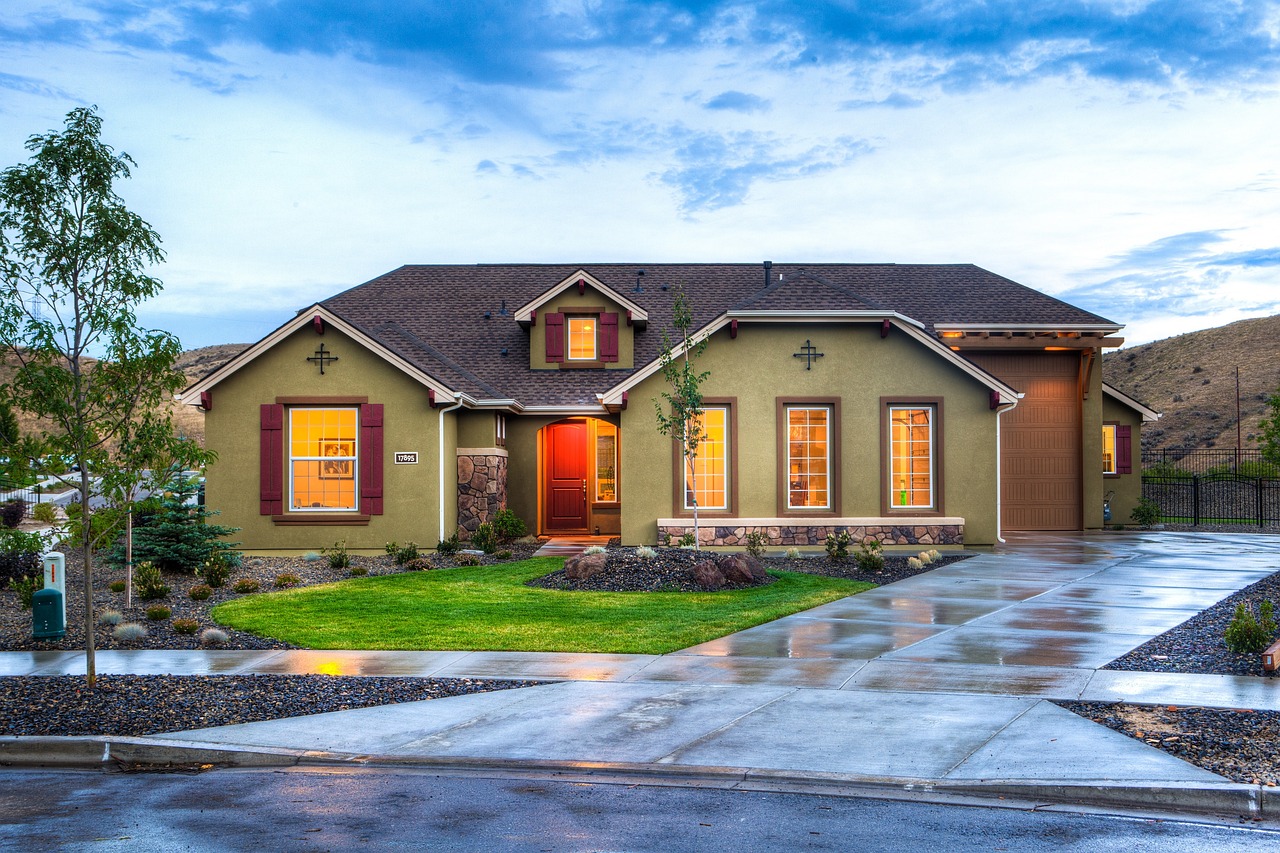The Importance of Proper Insulation in Energy Efficiency
Proper insulation plays a crucial role in maintaining energy efficiency in residential and commercial buildings. It serves as a barrier that helps to keep the desired temperature inside, reducing the need for artificial heating and cooling systems. This not only leads to lower energy bills but also contributes to a significant reduction in carbon emissions. Let’s delve deeper into the importance of proper insulation in energy efficiency.
The Benefits of Proper Insulation
1. Energy Savings: One of the most significant advantages of proper insulation is the potential for energy savings. By preventing the transfer of heat, insulation helps to maintain a consistent temperature inside the building, reducing the workload on heating and cooling systems.
2. Reduced Carbon Footprint: Lower energy consumption means reduced reliance on fossil fuels, leading to a decrease in carbon emissions. Proper insulation contributes to environmental sustainability by promoting energy efficiency.
3. Improved Comfort: Properly insulated buildings offer better indoor comfort by maintaining a stable indoor temperature. Insulation also helps to reduce noise transmission, creating a quieter and more peaceful living or working environment.
Types of Insulation
There are several types of insulation materials available, each with its unique properties and benefits:
- Fiberglass: Made of tiny glass fibers, this type of insulation is cost-effective and widely used.
- Cellulose: Produced from recycled paper, cellulose insulation is eco-friendly and offers good thermal performance.
- Spray Foam: This type of insulation provides an airtight seal and is ideal for sealing gaps and cracks in buildings.
- Mineral Wool: Made from minerals like rock or slag, mineral wool insulation is fire-resistant and offers excellent thermal insulation.
Signs of Poor Insulation
It is essential to be aware of the signs of poor insulation in a building, as they can indicate a loss of energy efficiency:
- Drafts or cold spots in rooms
- High energy bills
- Inconsistent indoor temperatures
- Mold or mildew growth
FAQs
Here are some frequently asked questions about insulation:
1. How can I determine if my building needs more insulation?
You can hire a professional to conduct an energy audit and assess the current insulation levels in your building.
2. What is the best insulation material for energy efficiency?
The best insulation material depends on various factors such as budget, climate, and specific insulation needs. Consulting with an expert can help you choose the right material for your building.
3. Can I install insulation myself?
While some DIY enthusiasts may attempt to install insulation themselves, it is recommended to hire a professional to ensure proper installation and maximum energy efficiency.
Proper insulation is a fundamental aspect of energy efficiency in buildings. By investing in high-quality insulation materials and ensuring proper installation, property owners can enjoy lower energy bills, reduced carbon emissions, and increased indoor comfort. If you suspect that your building lacks adequate insulation, consider consulting with an insulation expert to evaluate your options and improve energy efficiency.







